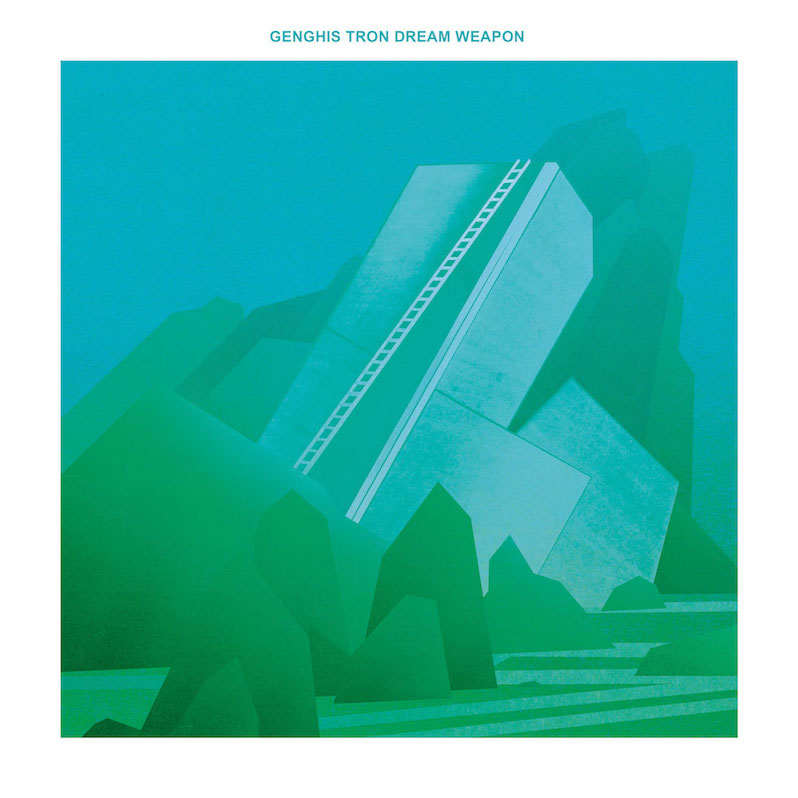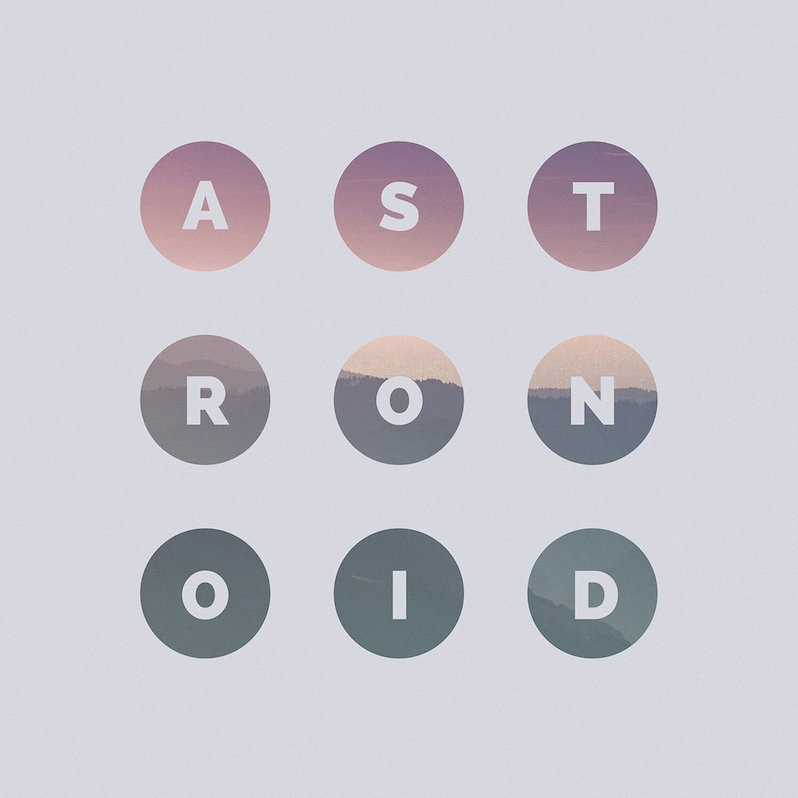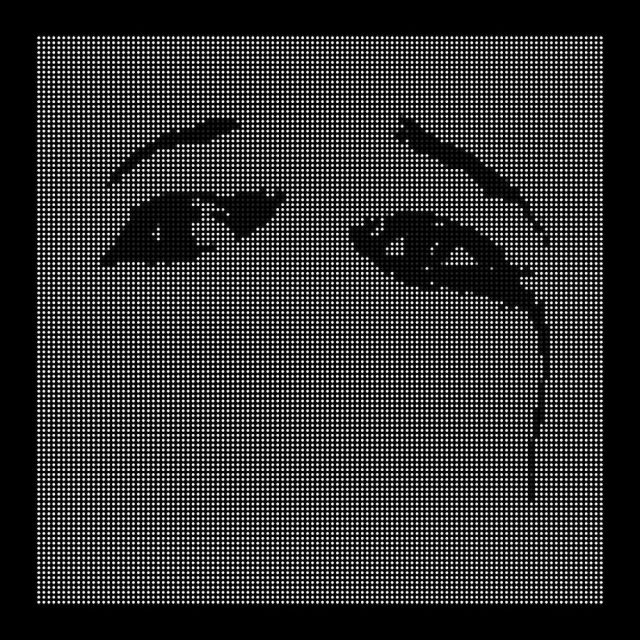Genghis Tron : Dream Weapon

Genghis Tron didn’t release a lot of music in their brief few years of making technologically enhanced mathcore in the late-’00s, but what they did felt groundbreaking. The “Tron” part of their name always signified more than clever punnery, as the band’s complex and furious exercises in razor sharp, technical hardcore came packaged in glossy cubes of gleaming synths and ethereal samples. Even in a sphere of music that always pushed the envelope of what it meant to be “extreme,” Genghis Tron saw beyond speed and intensity to create something that sounded in a very deliberate way like the future of metal, complete with a series of remix EPs featuring reworkings from the likes of Eluvium, Tobacco and Telefon Tel Aviv. But after 20 different reconfigurations of the material on Board Up the House, the upstate New York band simply unplugged.
The 13-year gap that precedes Dream Weapon, Genghis Tron’s long-awaited if unexpected third album, brings with it a significant amount of transition and transformation. No band is expected to sound or look the same after more than a decade, and when space and distance are introduced, the result can often become all the more dramatic. In a very literal way, Genghis Tron isn’t the same band as it was—founding members Hamilton Jordan and Michael Sochynsky are once again part of the lineup, while vocalist Tony Wolski and drummer Nick Yacyshyn (Sumac, Baptists) have joined this second iteration of the group. Yet on a musical and conceptual level, Genghis Tron remain true to their early penchant for evolution and invention by creating a work of heavy, dreamy rock music that sounds very little like their first two records but nonetheless feels like an extension of the same immersive sonic universe.
The experience of hearing Dream Weapon for the first time is a bit disorienting; there’s no screaming, no labyrinthine hardcore dynamics, no real harshness of any kind, really. Yacyshyn’s drums are the most aggressive part of “Pyrocene,” and they crack hard and with purpose, providing not just a pulse and a backbone but a sense of urgency. Yet what the group builds on top of that beat is tense without going for the throat, a dizzying array of synths and atmospheric elements swirling in a cinematic display of prog-pop majesty. The title track is a different story altogether; taut, urgent metal riffs are its driving force, with an everything-but-the-kitchen-sink immediacy of a band like hardcore shape-shifters The Armed (with whom Yacyshyn has also collaborated). The band even reaches for something slow-building and massive with 10-minute standout “Ritual Circle,” a dense and immersive piece of synth-gaze that reveals how their ambitions have grown in time even as their BPMs have been scaled back.
Genghis Tron still sound driven by a pursuit of some kind of futuristic aesthetic, whether dystopian or utopian is a bit in the eye of the beholder—there’s great beauty to be found throughout, but there’s also an undercurrent of darkness and menace. It’s just that the aesthetic they pursue on Dream Weapon takes on a radically different form, more spacious and patient in its movements, and less driven by the kind of violent sensory overload that characterized the harshest moments of their past. They’re remarkably adept at taking on this warmer sonic palette, and they do so while aiming for greater heights. This might very well be an entirely different band at this stage, but it’s in large part a change for the better.
Label: Relapse
Year: 2021
Similar Albums:
Jeff Terich is the founder and editor of Treble. He's been writing about music for 20 years and has been published at American Songwriter, Bandcamp Daily, Reverb, Spin, Stereogum, uDiscoverMusic, VinylMePlease and some others that he's forgetting right now. He's still not tired of it.




